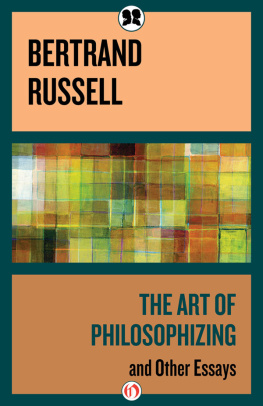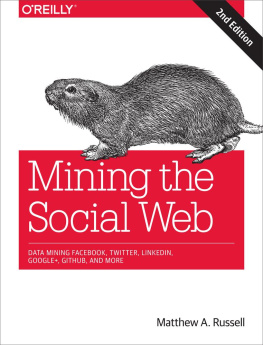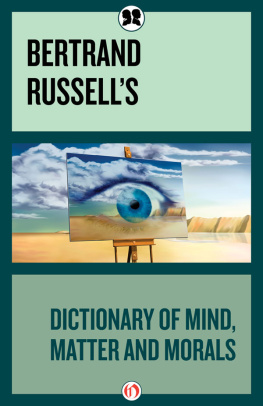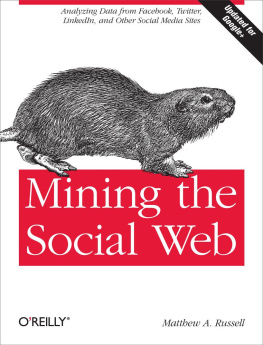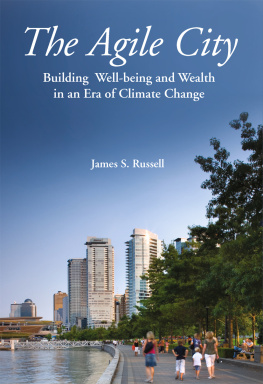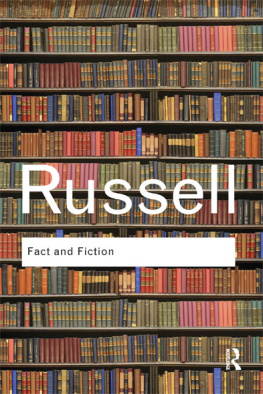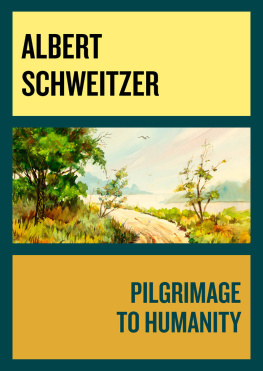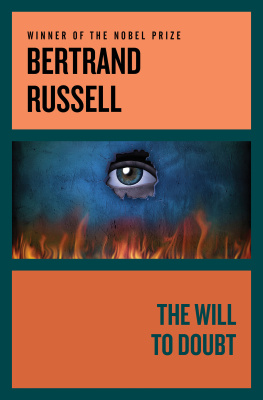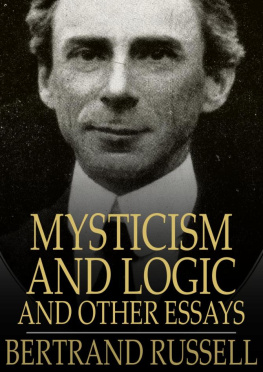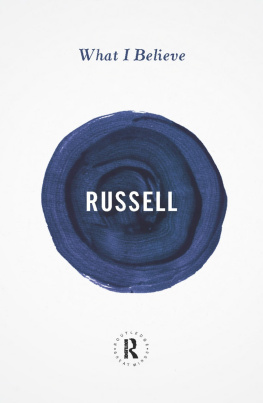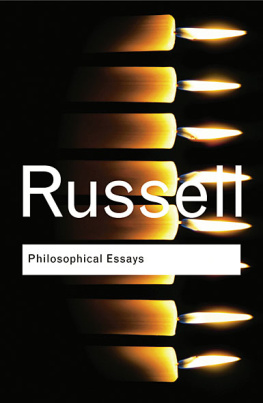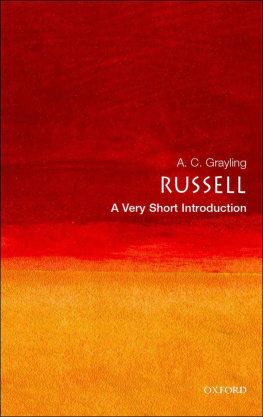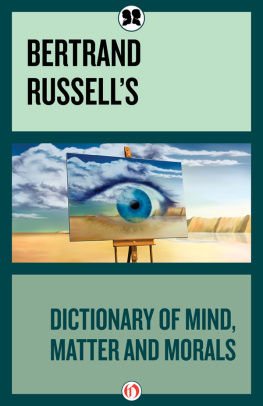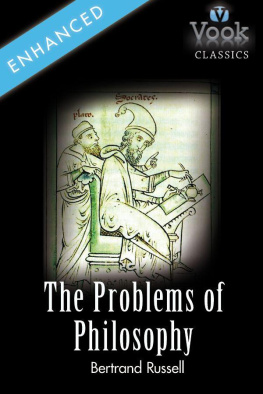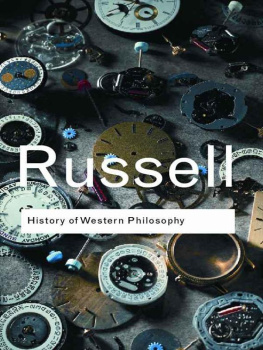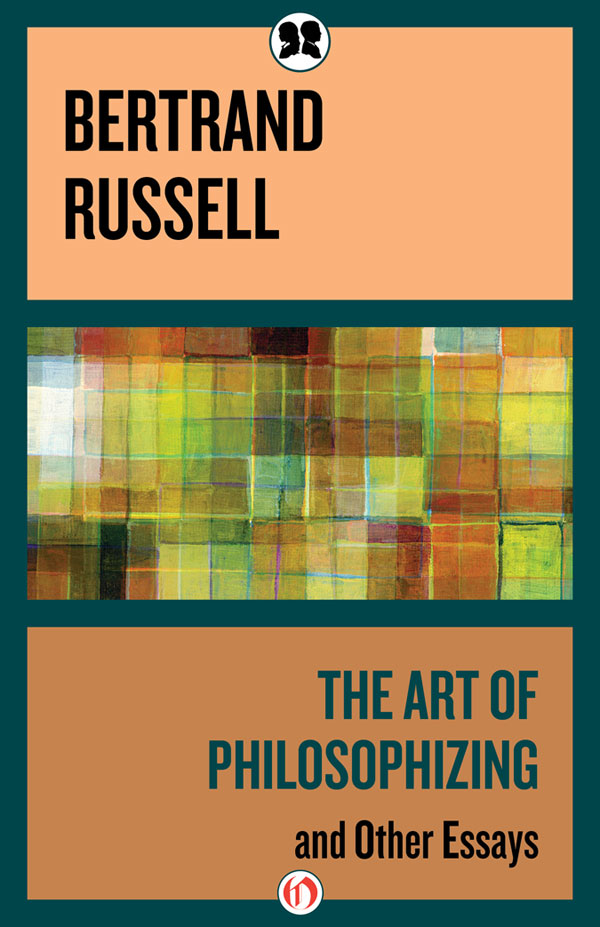The Art of Rational Conjecture
Let us begin with a few words as to what philosophy is. It is not definite knowledge, for that is science. Nor is it groundless credulity, such as that of savages. It is something between these two extremes; perhaps it might be called The art of rational conjecture. According to this definition, philosophy tells us how to proceed when we want to find out what may be true, or is most likely to be true, where it is impossible to know with certainty what is true. The art of rational conjecture is very useful in two different ways. First: often the most difficult step in the discovery of what is true is thinking of a hypothesis which may be true; when once the hypothesis has been thought of, it can be tested, but it may require a man of genius to think of it. Second: we often have to act in spite of uncertainty, because delay would be dangerous or fatal; in such a case, it is useful to possess an art by which we can judge what is probable. This art, so far as very general hypotheses are concerned, is philosophy. Particular questions, such as will it rain tomorrow? do not belong to philosophy; philosophy is concerned with general questions, such as: Is the world governed by mechanical laws, or has it a cosmic purpose, or has it both characteristics at once? Philosophy examines whether anything can be said on such general questions.
The first thing to realize, if you wish to become a philosopher, is that most people go through life with a whole world of beliefs that have no sort of rational justification, and that one mans world of beliefs is apt to be incompatible with another mans, so that they cannot both be right. Peoples opinions are mainly designed to make them feel comfortable; truth, for most people is a secondary consideration. You, dear readers, have of course no prejudices; but you will admit that in this you are different from most people. I shall suppose that you are a Baptist from Tennessee. It is obvious to you that America is the greatest country in the world, that Tennessee is the most distinguished of the States, and that the Baptists are the sole repositories of theological truth. Let us suppose that I concede all this. What am I to say to a man from another State or another country? How can I persuade a French Canadian Catholic of the truths which are so luminously evident to you? There are still a good many points about which you and he will agree, but how if you have to argue with a Turk or a Hindu or a Confucian? You will find them questioning most of what you have accepted as unquestionable, and if you are to argue profitably with them you will have to find common ground beneath your respective assumptions.
You will still find some things about which you can agree with the Turk. Are men descended from monkeys? Perish the thought! Is man the supreme glory of the universe? Of course. On such matters your common humanity makes you see eye to eye. But if one day an intelligent being were to arrive from Mars, he might turn out to be as superior to men as men are to monkeys; he might think the difference between men and monkeys very slight, and consider it obvious that they had a common ancestry. He would assert the claims of Mars (unless he were a philosopher) as confidently as you had asserted the claims of Tennessee. And what could you do about it?
If you wish to become a philosopher, you must try, as far as you can, to get rid of beliefs which depend solely upon the place and time of your education, and upon what your parents and schoolmasters told you. No one can do this completely, and no one can be a perfect philosopher, but up to a point we can all achieve it if we wish to. But why should we wish to? you may ask. There are several reasons. One of them is that irrational opinions have a great deal to do with war and other forms of violent strife. The only way in which a society can live for any length of time without violent strife is by establishing social justice, and social justice appears to each man to be injustice if he is persuaded that he is superior to his neighbors. Justice between classes is difficult where there is a class that believes itself to have a right to more than a proportionate share of power or wealth. Justice between nations is only possible through the power of neutrals, because each nation believes in its own superior excellence. Justice between creeds is even more difficult, since each creed is convinced that it has a monopoly of the truth of the most important of all subjects. It would be increasingly easier than it is to arrange disputes amicably and justly if the philosophic outlook were more wide-spread.
A second reason for wishing to be philosophic is that mistaken beliefs do not, as a rule, enable you to realize good purposes. In the middle ages, when there was an epidemic of plague, people crowded into the churches to pray, thinking that their piety would move God to take pity on them; in fact, the crowds in ill-ventilated buildings provided ideal conditions for the spread of the infection. If your means are to be adequate to your ends, you must have knowledge, not merely superstition or prejudice.
A third reason is that truth is better than falsehood. There is something ignominious in going about sustained by comfortable lies. The deceived husband is traditionally ludicrous, and there is something of the same laughable or pitiable quality about all happiness that depends upon being deceived or deluded.
If you wish to become a philosopher, you must train both the intellect and the emotions. The two sorts of training are intimately interconnected, but they must be to some extent separated in discussion. I shall begin with the training of the intellect.
The training of the intellect has both a positive and a negative aspect: you have to learn what to believe, and what not to believe. Let us begin with the positive aspect.
Although, in the last analysis, everything may be more or less doubtful, yet some things are so nearly certain that for all practical purposes the element of doubt may be ignored. The would-be philosopher will ask himself what kinds of knowledge seem least open to question, and why. He may, in starting this inquiry, reasonably assume that the most certain kinds of knowledge are those about which there is least dispute. He will soon find that these are not the kinds of knowledge, or supposed knowledge, that are asserted with most vehemence. Everyone is agreed about the multiplication table, but no one goes about proclaiming that it contains Sacred Truth. If anyone were to deny its truth, he would not be burnt at the stake or imprisoned as a fifth columnist. A sensible man, if he fell among arithmetical heretics, and were asked to recant his belief in the multiplication table, would do so, conscious that his recantation could do the multiplication table no harm. These are the characteristics of a belief about which there is no reasonable doubt.
Whoever wishes to become a philosopher will do well to acquire a considerable knowledge of mathematics. In the course of this study he will get to know what sorts of truths can be discovered by mere thinking, without the help of observation. He will also acquire familiarity with exact reasoning, and with the sort of mistakes to which even very expert reasoners are prone. For this last purpose, he will do well to study mathematics historically. For example: before Einstein, everybody thought it had been proved mathematically that gravitation is propagated instantaneously, but Einsteins theory required that it should be propagated with the velocity of light. Sure enough, the mathematicians found a mistake in the argument which had satisfied them for generations, and now, unless they are Nazis, they are all agreed that Einstein was right about the velocity of gravitation. This, however, was a very advanced and difficult question; it would be a mistake to be led by this instance into a general skepticism about mathematics. What it is right to infer is that, where questions are concerned that are both more complex and more nearly related to our passions than the questions of mathematics, the chance of errors in reasoning becomes very great. This applies especially to social and religious questions.

